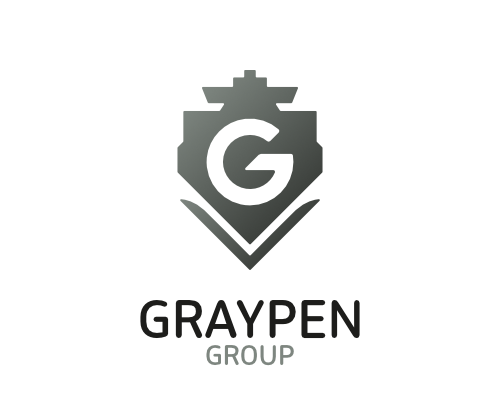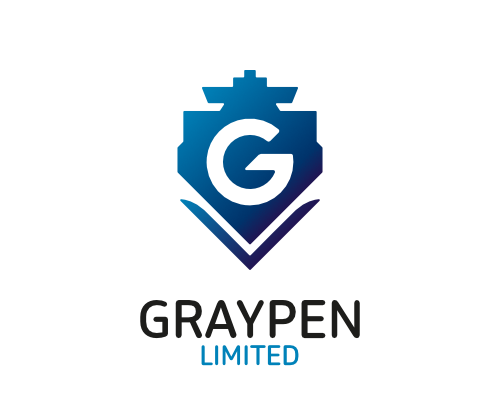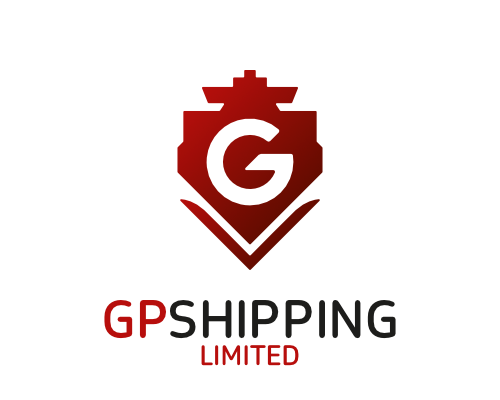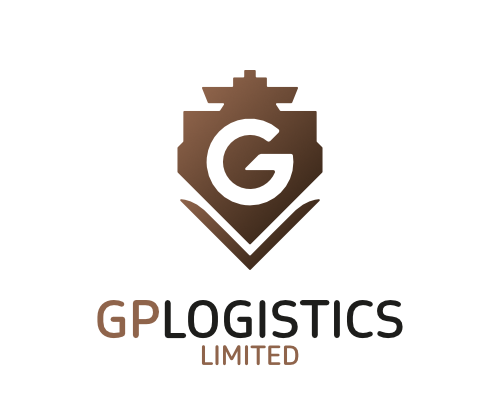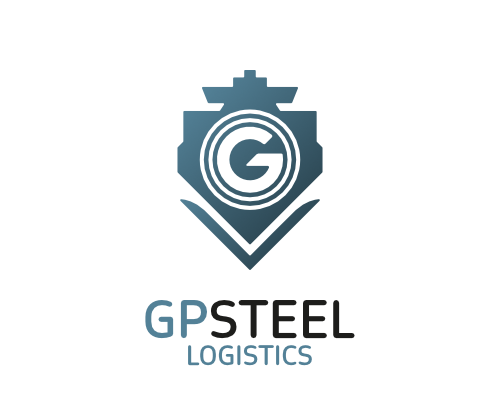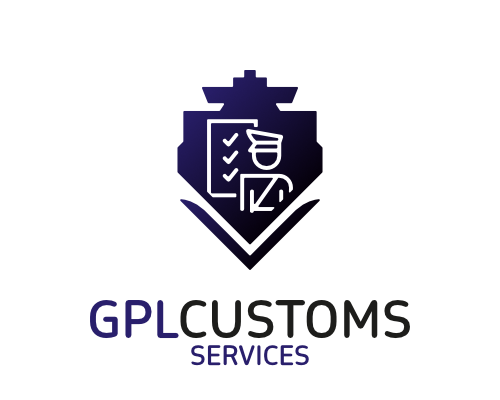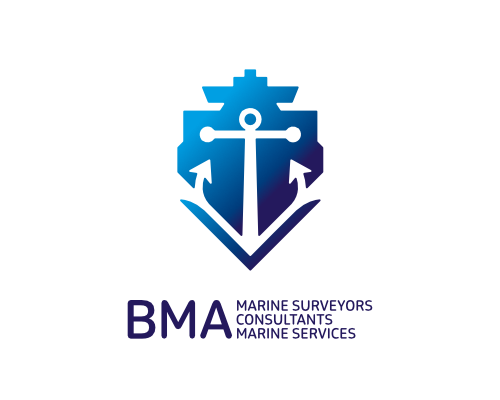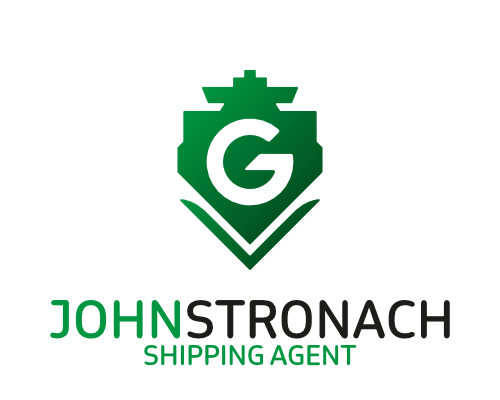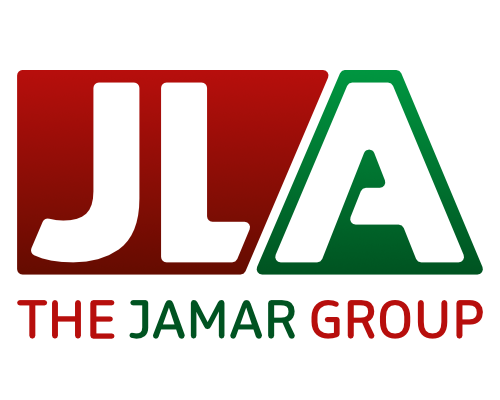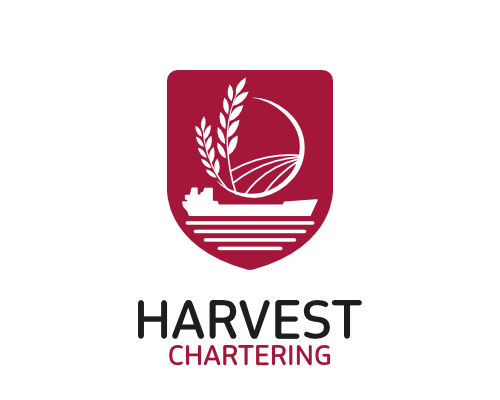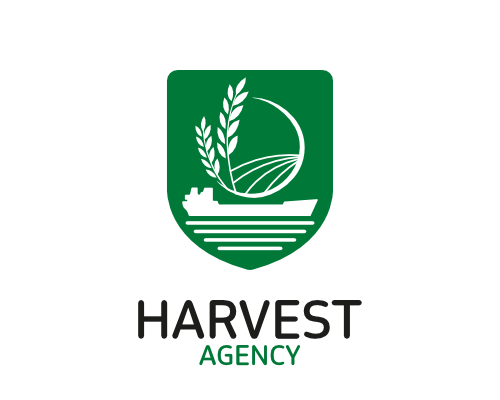
Latest Blogs
Archive
2025
2 Blogs
February
2 Blog Items
2024
4 Blogs
October
1 Blog Item
June
3 Blog Items
7 Mistakes To Avoid During Customs Clearance
Customs clearance is an important part of international trade. There are regulations in place that have to be adhered to, however, a small error could cause delays as well as penalties. Therefore, it makes sense to understand the common mistakes that should be avoided, leading to an efficient customs clearance process.
Documentation Errors
The foundation of a smooth customs clearance process lies in meticulous documentation. Inaccurate or incomplete paperwork is a frequent culprit behind delays. Missing information, inconsistencies between documents, or typos can trigger red flags for customs officials, prompting them to hold your shipment for further scrutiny.
To avoid this frustration, meticulously review all documentation for accuracy and completeness before submitting it. Ensure details like product descriptions, quantities, values, and HS codes (Harmonized System Classification Codes) are listed precisely and correspond across invoices, packing lists, and bills of lading. Consider creating a checklist to ensure you haven't missed any crucial documents. Remember, a little extra time spent double-checking your paperwork upfront can save you significant time and money down the line.
Misclassifying Your Goods
Misclassifying your goods can have significant consequences that extend beyond a simple delay. Customs duties and taxes are levied based on the HS code assigned to your goods. Selecting the wrong code can lead to miscalculated duties, potential penalties, and the need to refile paperwork.
To ensure your goods are classified accurately, research the Harmonized System code for your specific product. Utilise online resources provided by customs authorities or consult a specialist. Remember, a seemingly minor error in classification can translate into significant delays and financial repercussions. Don't hesitate to invest time in proper classification – it's a wise investment that can streamline your customs clearance process.
Ignoring Country-Specific Regulations
While customs regulations often share some commonalities, failing to consider country-specific requirements can be a costly oversight. Each nation has its own unique set of regulations regarding import allowances, restricted items, and required documentation. Relying solely on general knowledge or past experiences can lead you astray.
To ensure a smooth clearance process, research the specific customs regulations of the destination country for your shipment. The customs authority's website is a valuable resource, often providing detailed information on import procedures, prohibited goods, and required documentation. Additionally, consider consulting a customs broker with expertise in the specific country you're shipping to. Their experience can help you navigate the nuances of the regulations and ensure your shipment complies with all requirements.
Underestimating the Value of Your Goods
Valuing imported goods may seem like a minor detail especially when dealing with the whole process of international trading but in effect underestimating the value of your goods can lead to problems during customs clearance. Most importantly customs duties and taxes are often levied based on the declared value of your shipment. Correct goods valuation is regulated by many international and local laws which are in place to both protect the integrity of the intercontinental trade system and promote fairness in the global market.
Customs authorities take extra care when verifying declared values, and discrepancies can lead to significant penalties and potential seizure of your goods. The best approach is to declare the accurate commercial value of your shipment based on verifiable documentation like invoices or purchase agreements. Transparency and honesty are key to a smooth customs clearance process.
Poor Communication and Recordkeeping
Clear communication and meticulous record keeping are essential for navigating customs clearance efficiently. Ensure clear and consistent communication with your freight forwarder is maintained throughout the goods movement, outlining any changes to your shipment and its documentation retrospectively. Additionally, maintain detailed records of your shipments, including invoices, packing lists, bills of lading, and any correspondence with customs authorities. These documents serve as vital proof of value, content, and origin – essential for smooth clearance.
Furthermore, keeping comprehensive records allows you to easily reference past shipments for future transactions, streamlining the process over time. Don't underestimate the importance of clear communication and meticulous record keeping – they are vital tools for a successful customs clearance journey.
Ignoring Deadlines and Delays
Customs clearance processes don't always operate on a predictable timeline. Ignoring deadlines and delays can disrupt your carefully planned international transactions. Familiarise yourself with the estimated clearance times for your destination country and factor this timeframe into your overall shipping schedule. Unexpected delays can occur due to random inspections, complex paperwork issues, or high traffic volume at the port of entry. While you can't control these delays, you can mitigate their impact by planning ahead and maintaining open communication with your freight forwarder. By being proactive and prepared for potential delays, you can ensure your business operations are less susceptible to disruptions caused by customs clearance.
Failing to Utilise Professional Help
The complexities of customs regulations can be daunting, especially for businesses new to international trade. Failing to utilise professional help can be a significant mistake. A reputable customs broker possesses in-depth knowledge of customs regulations and experience handling various types of goods. They can navigate the intricacies of the clearance process, ensuring your shipment complies with all requirements and minimising the risk of delays or errors.
Consider a customs broker as a valuable partner in your international trade journey. Their expertise can save you time, money, and frustration, allowing you to focus on your core business activities while they ensure your goods reach their destination efficiently. Imagine the peace of mind that comes from knowing a seasoned professional is handling the complexities of customs clearance for you.
Conclusion
Understanding the intricacies of customs clearance is vital for a seamless flow of goods in international trade. Careful consideration of Incoterms (international commercial terms) throughout the transaction clarifies responsibilities between buyer and seller. Weight and origin of the goods are crucial for classification purposes, and any modifications exceeding a certain percentage may require reclassification.
Knowing the last destination, point of departure, and the specific commodities being shipped ensures accurate documentation and duty calculations. Mid-classifying, where a good falls between two HS code classifications, can lead to delays. By familiarising yourself with these elements and adhering to best practices, you can navigate customs clearance efficiently and ensure your international shipments reach their final destination swiftly, paving the way for a successful global business journey.
Contact Us now to discuss your requirements and achieve effective and compliant customs clearance.


